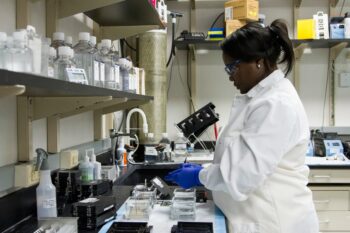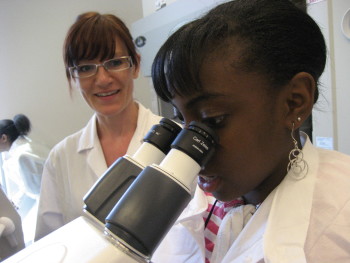Rockman et al Cooperative has extensive experience evaluating health and biomedical science initiatives in formal and informal K-12 settings. REA is actively involved in evaluations for the the National Institute of Health (NIH) Science Education Partnership Award (SEPA) program, as well as biology projects within the National Science Foundation’s STEM Education Directorate. We welcome the opportunity to discuss your project’s evaluation needs and to provide you with more information about our tailored services. Please Contact Us to schedule a free 30-minute Q&A session with one of our SEPA evaluators.
Selected Projects Include
-
 Photo by Brooke Cagle on Unsplash
Photo by Brooke Cagle on Unsplash -
 Photo by National Cancer Institute on Unsplash
Photo by National Cancer Institute on Unsplash -
 Photo by Alexis Brown on Unsplash
Photo by Alexis Brown on Unsplash -
 Photo by Louis Reed on Unsplash
Photo by Louis Reed on Unsplash -
 Photo courtesy of NWABR via CC licensing.
Photo courtesy of NWABR via CC licensing.